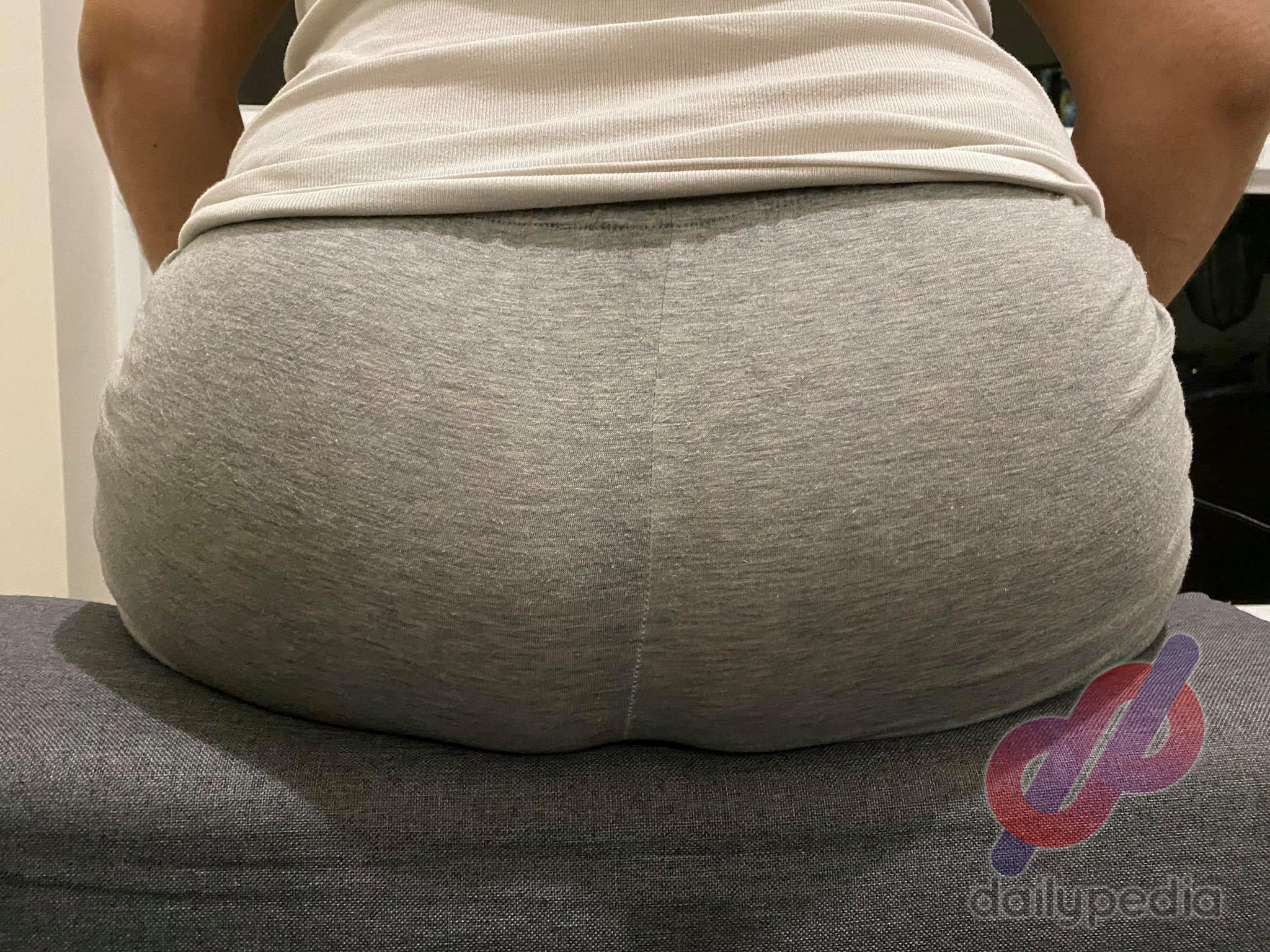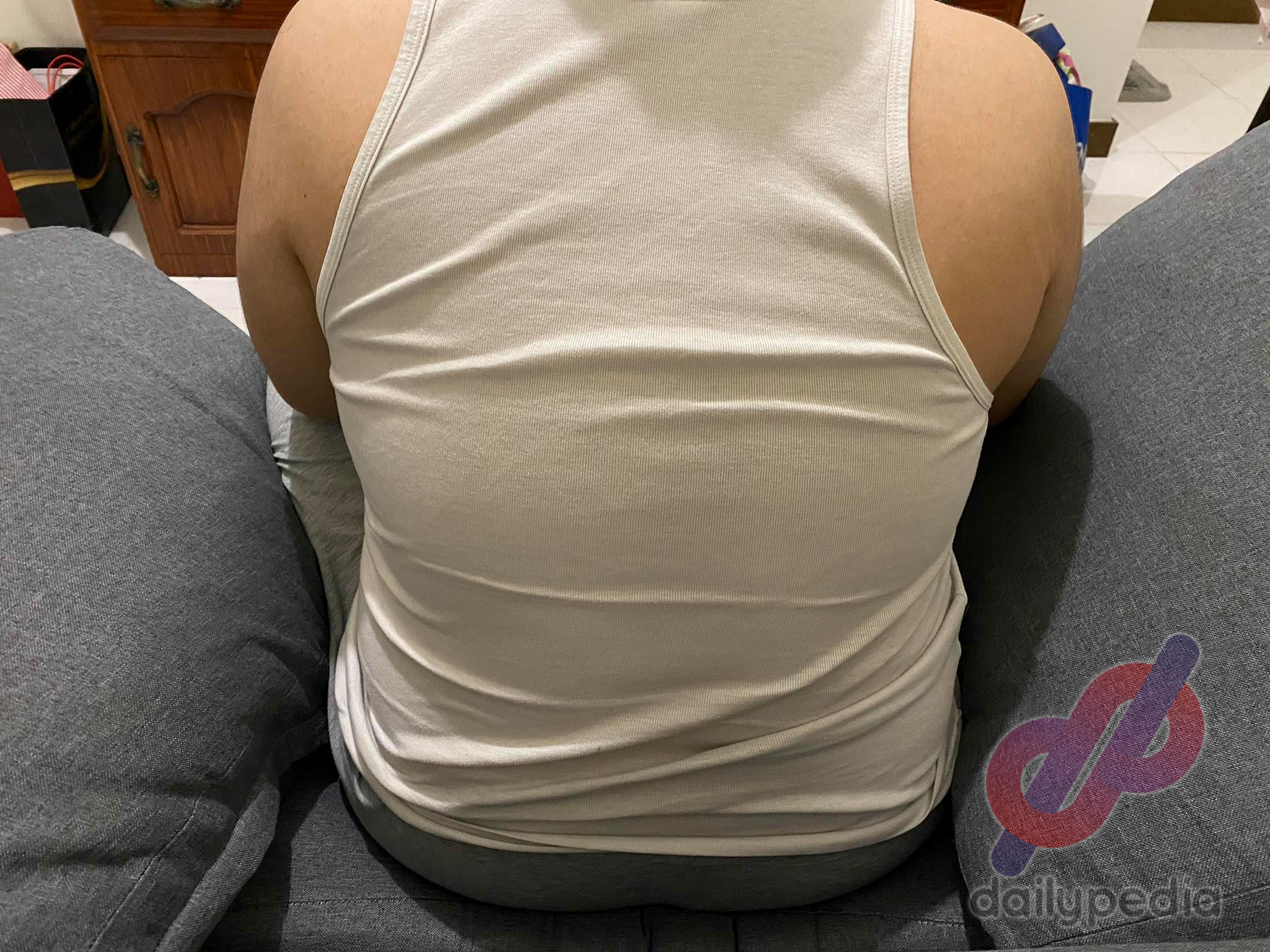As the days go by, more and more information about the new coronavirus is being discovered.
The United States and Europe are having it worse relative to other areas in the world.
New information suggests that men, along with overweight individuals are more susceptible to getting infected by COVID-19.

Derek Hill, professor of medical imaging science at University College London says there are more men who exhibit COVID-19 symptoms than women. Those who have had critical problems with their health in the past also have relatively high risks.
“More men than women have serious problems, and patients who are overweight or have previous health problems are at higher risk.”
Statistics from Britain’s independent Intensive Care National Audit and Research Centre say that those treated in intensive care are 73% men and 73.4% overweight individuals.
Those that recovered or died before April 3 show that obese people were less likely to recover after receiving critical care.
42.4% of people with a body mass index (BMI) over 30 were able to go home after successful treatment, compared with 56.4% of patients with a BMI of less than 25.
ICU doctor Matthieu Schmidt from the Pitie-Salpetriere hospital in Paris told broadcaster France 2 that emergency rooms have seen “a very large proportion of overweight or obese patients” and that men made up three-quarters of all the patients.
Hani Sbitany, a reconstructive surgeon at Mount Sinai Health System in New York, said that most COVID-19 patients were men.
“I’m in the emergency room, and it’s remarkable—I’d estimate that 80% of the patients being brought in are men,”
Jean-Francois Delfraissy, who leads the coronavirus science council, says that men being more susceptible to the virus is just “an observation” for now.
Much is needed to be discovered about COVID-19, but says that men have higher risks because they have higher frequency of multiple pathologies.
“I am very humble vis-a-vis this virus. I did not know it three and a half months ago. There are lots of question marks.”
Pierre Delobel, head of the infectious diseases department at the Toulouse University Hospital. theorizes that maybe women have far better immune strength.
“Innate immunity is better in women, especially before menopause.”
“[Women] may have a more aggressive immune system, meaning a greater resilience to infections,” says James Gill, a locum doctor and honorary clinical lecturer at Warwick Medical School.
He added that maybe it’s because men have more vices, and are less healthy which is attributed to nature and nurture.
“The assumption that simply men don’t look after their bodies as well, with higher levels of smoking, alcohol use, obesity.”
According to Italian and Chinese studies, diabetes and hypertension are both aggravating factors of COVID-19. Age, heart cardiovascular and cerebrovascular conditions are too, but not as much.
The US Centers for Disease Control and Prevention has already stated that people with a BMI of over 40 have higher chances of getting infected. Nearly half of American adults are obese, at 42%.
“We are worried about our American friends. They will probably have more problems because of obesity,” said Delfraissy.
Sabra Klein, a researcher at the Johns Hopkins Center for Women’s Health, Sex, and Gender Differences, began noticing hints of a sex difference in COVID-19 infections as early as February as reports began to emerge from China.

She knew that an increased risk to men has been seen for from past coronaviruses.
“What I was seeing was a pattern that held true in the SARS outbreak that occurred in Hong Kong,” she says, “as well as the ongoing MERS outbreak in the Middle East.”
The Chinese Center for Disease Control and Prevention did a study consisting of 44,672 COVID-19 patients and saw that the fatality rate was 2.8% for men compared with only 1.7% for women.
Many argued that many Chinese men are active smokers, but Klein disagrees based on other reports in other countries.
“What we saw in Wuhan has been replicated in every country around the world where we have accurate reporting,” says Klein. “In countries like Spain, where the percentages of males and females who report smoking is not significantly different, we still are seeing this profound male bias in the severity of COVID-19.”
Scientists have already concluded that women, in general, have more robust immune systems which mean they have greater protection from novel invading virus, but are more prone to autoimmune diseases.
“My hypothesis would be, maybe females are actually mounting an initial immune response to a greater degree than our male counterparts,” says Klein.
Various HIV and Hepatitis C also suggest women have more protection from viruses.
“There are examples. There are not a lot. And I think part of that is because this has been a grossly understudied area,” she added.
Veena Taneja of the Mayo Clinic, who studies immune systems in both genders, says that sex hormones play a vital role in modulating immune system response.
Women have two copies of the X chromosome, while men have only one.
“The X chromosome has lots of immune-response genes.”
The extra X chromosome, for most of the time, is silenced and inactive but “almost around 10% of those genes, they can be activated. Many of those genes are actually immune-response genes.”
This is possibly the reason there are fewer women dying from COVID-19.


